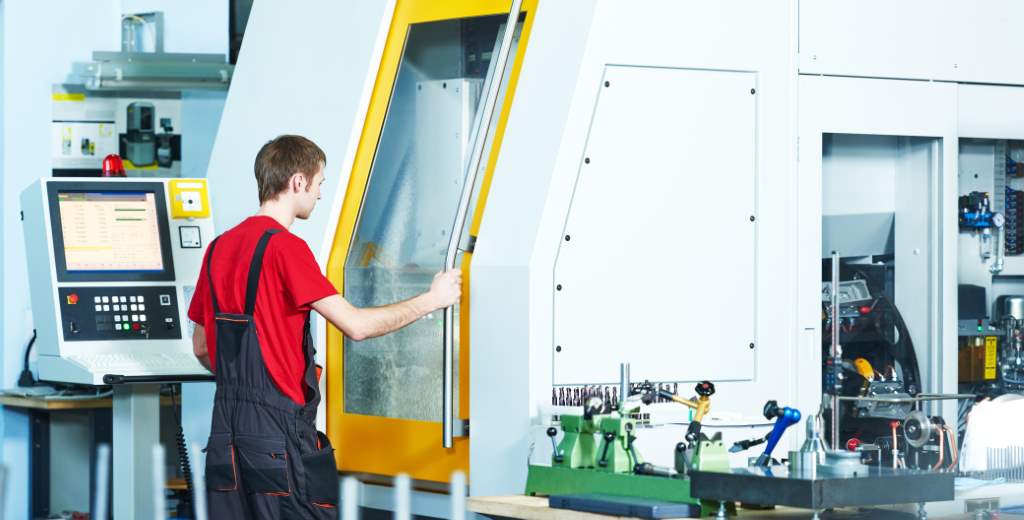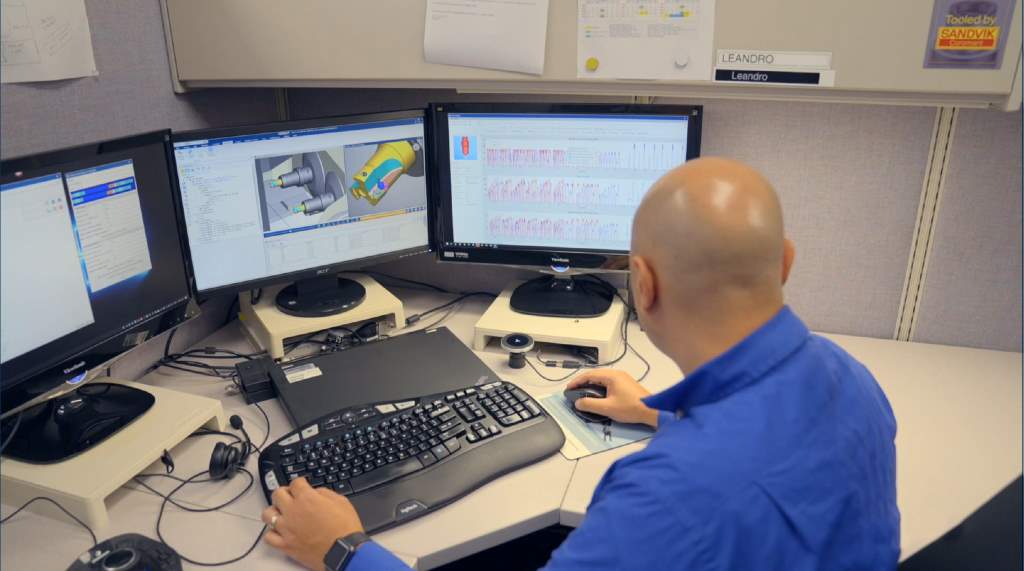Software technology that fills the experience gap

There is no denying that skilled machinists are hard to come by. With a large percentage of the current workforce of NC programmers and machinists getting ready to retire and a shortage of newly qualified engineering talent, finding people to work in this industry and fill the void is becoming increasingly difficult.
Last year’s reports from the Institution of Engineering and Technology estimated a shortfall of over 173,000 workers in the STEM sector: an average of ten unfilled roles per business in the UK. What is more, the Institution’s Skills Survey identifies that half (49%) of engineering businesses are experiencing difficulties in the skills available to them when trying to recruit.
Long-term pipelines of talent have been established by creating pathways and opportunities for students to enter manufacturing, such as apprenticeships, UTC programs and higher education. Of course, this doesn’t happen overnight – bridging the skills gap will take time and requires an ongoing, continuous effort. So how can we deal with a skills shortage now? We learn to do more with less and this is where software can make a difference.

Software can provide a large amount of data and information that can be used to improve the manufacturing workflow and free up a skilled machinist’s time. Vericut CNC simulation software can verify, simulate and optimise programs before they reach the shopfloor. With these proven, optimised programs, the need to have somebody monitoring the machine as it operates is eliminated. It also empowers newer machinists, helping them to learn quickly on the job, enabling greater automation and allowing the operation of more machines with fewer people.
The Vericut digital twin uses a control and machine to process the NC code exactly like the real machine does. Taking information from the real control, the virtual Vericut machine is set up identically to the real machine – it is a true replica and seamless digital twin.
Virtual machine kinematics simulate the machine movements throughout an NC program and the software ensures that the parameters and limits on the virtual machine match the real operation on the shopfloor. Over-travel, collisions and other issues can be identified ahead of time versus the machinist stopping the machine, trying to figure out what went wrong and then what is required to get the machine going again.
Vericut can also connect with multiple sources of software including CAD/CAM and tool management systems. Stock models, design or finished parts and fixtures can be selected using direct interfaces and imported into the software ready to run a simulation. A skilled machinist’s knowledge can be replaced by data from the tool manufacturer and tool databases. The CGTech software further verifies the accuracy of a component by comparing the cut part to the design model and identifies any gouges, undercuts or excess material conditions. All of this ensures that the part being produced will be as intended and that machining will be safe, and require minimal manual intervention.

Once the part is verified dimensionally, set up documentation, inspection reports, and tool lists can be generated. In Vericut everything is collated into one report, regardless of which CAD/CAM system it originated from, and a complete Reviewer file allows any personnel to view and interact with the full simulation away from the programming office. This provides machinists with data for easy set-up, as well as information for new machinists and programmers to learn.
The program is then ready to be optimised to create a more efficient program. The Vericut Force NC optimisation module identifies opportunities for faster feeds and speeds, or areas to reduce force loads, resulting in faster cycle times, reduced tool wear and better part finish. Doing this ahead of time, before the program reaches the shopfloor, ensures that the program runs more efficiently and eliminates the need for a machinist to adjust the feed rates and spindle speed at the machine.
Engineering companies are now facing the challenge of meeting increased demands and staying competitive with fewer programmers and machinists. Working smarter with software reduces the need to fill all those voids.
Vericut can verify a part, simulate the machining and optimise the NC code before any real machining has started, making unattended or lights out machining, and the ability to operate with less machinists, a reality. In addition, taking less time to make the parts by using the available machines reduces the need to acquire additional equipment and machinists. When new operators are recruited, the historic data that has been gathered and stored by the software will empower them to learn quickly and without the fear of damaging productivity.
CGTech’s Vericut software is the standard for CNC simulation, verification, optimisation, analysis and additive manufacturing. CGTech also offers programming and simulation software for composite automated fibre-placement, tape-laying, and drilling/fastening CNC machines.
CGTech
www.cgtech.co.uk















